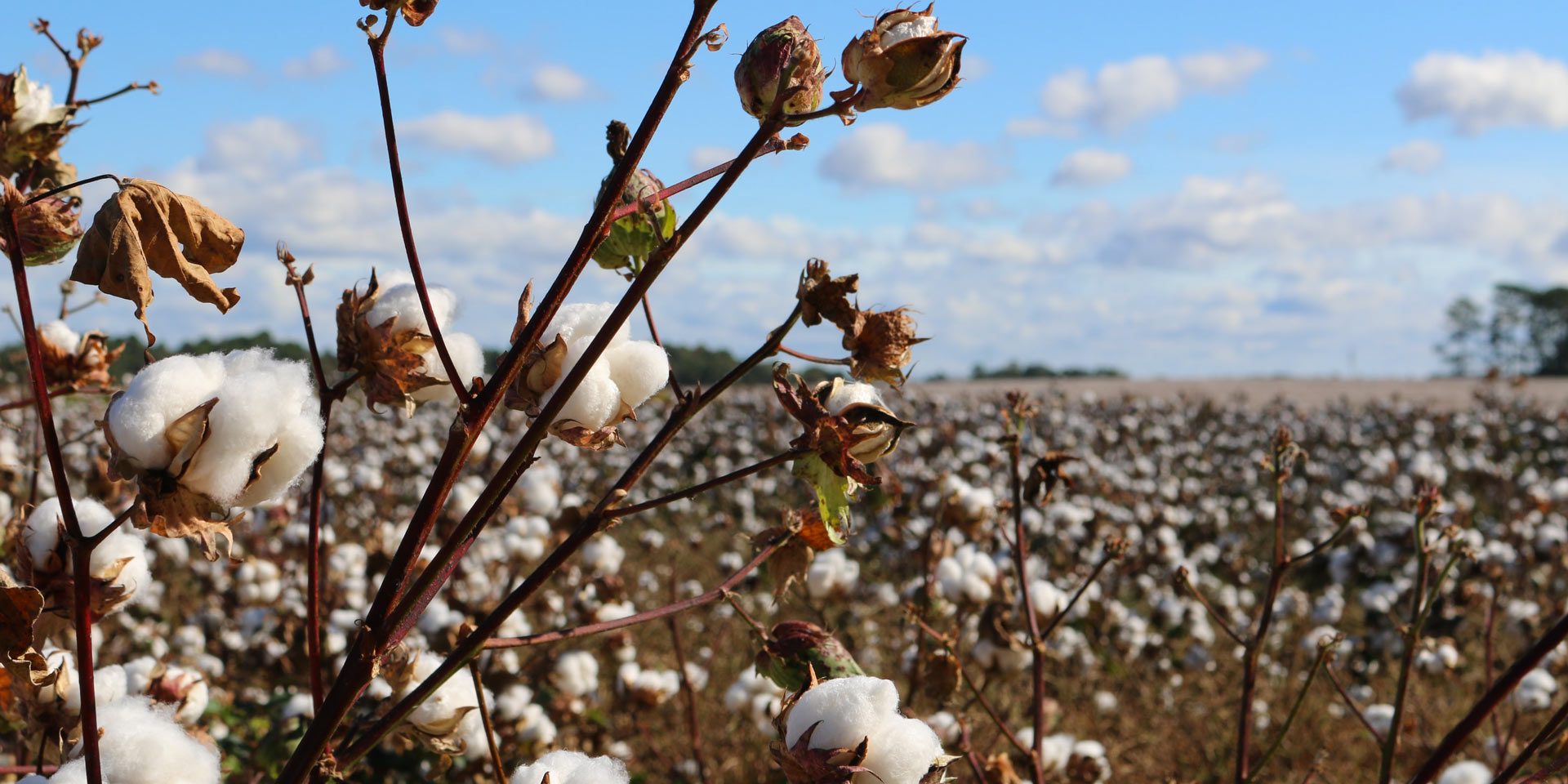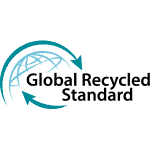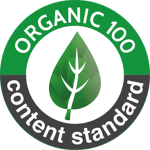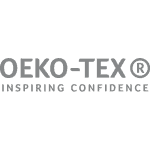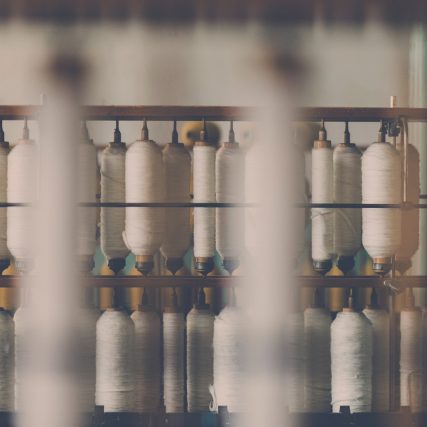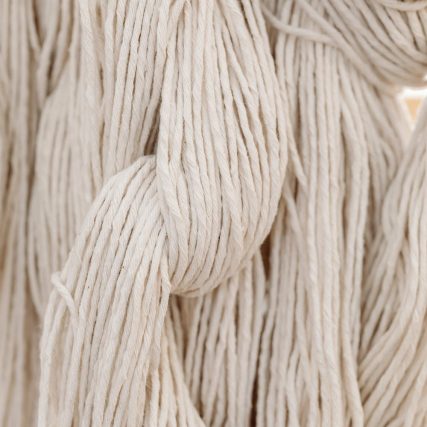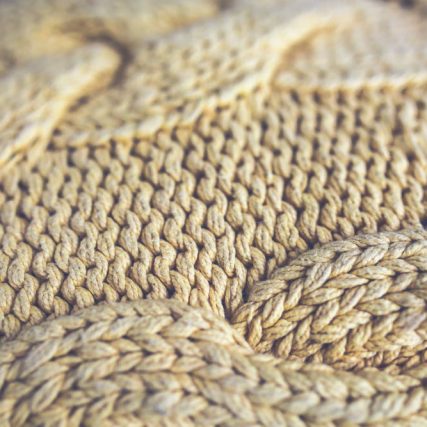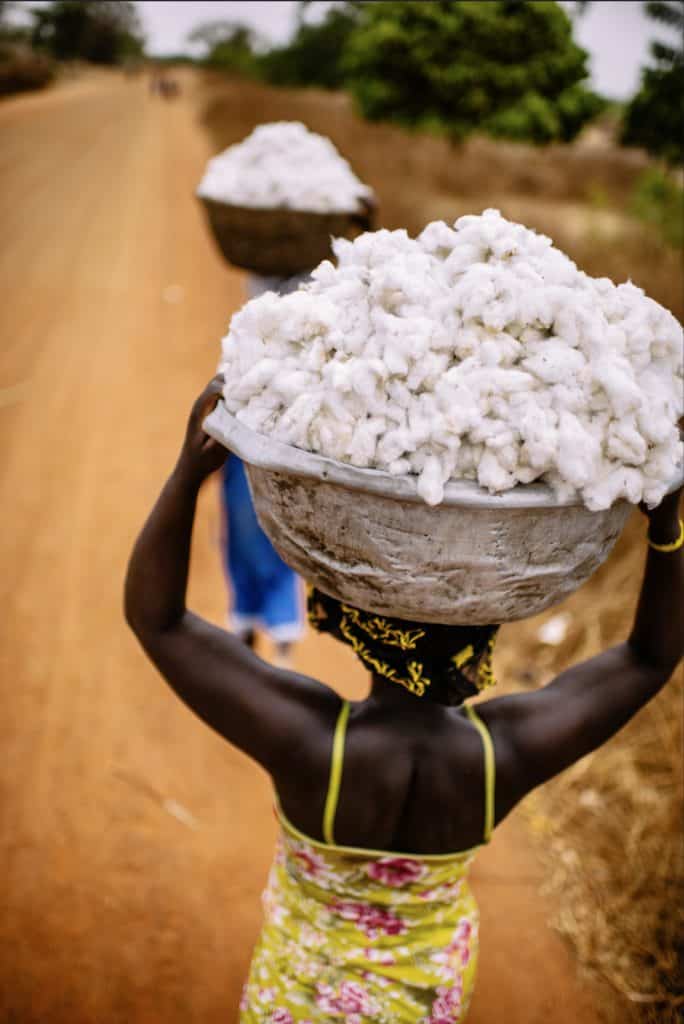In recent years it has been increasingly experimented in the field of yarns to meet the needs of the market, which is increasingly attentive to the aspect of sustainability in fashion.
In the various collections of the main Italian spinning mills with which we also work with, we are finding more and more certified and sustainable yarns. This kind of yarns not only have biological and/or recycled components but comes with certifications that attest the use of sustainable raw materials or the compliance with rules for the use of responsible chemicals that is aimed at reducing and eliminating pollution in production processes.
Among the various and most famous certifications there are: Grs, Gots, Ocs, Fsc, Rws. Some of these are specific for the type of fibers, such as Gots for cotton or Fsc for viscose, while others such as Oekotex and Grs guarantee sustainability in the production processes for the construction of the yarns.
Global Standard Recycle (GRS) is the most requested certification for yarns deriving from fiber blends totally or partially deriving from pre-consumer or post-consumer recycled material. It is a certification that not only certifies products but can also certify manufacturing activities such as spinning or knitting factories themselves. These activities has to make a request and satisfay a series of requirements, which go beyond the use of sustainable and therefore certifiable raw materials, but come to include the use of chemical products used in the processes within the company or at its own providers. Compliance with environmental and social criteria is also verified with regard to the protection of workers and the non-use of harmful substances to the environment.
Although all this is very fair and commendable for companies that manage to adhere to it, it is therefore clear that it is not yet easy for small or medium production capacity businesses to apply for this certification, as the criteria to be met are difficult to reach and maintain, and they require investments in economic terms and in company reorganization aimed at respecting environmental criteria that are not easy to achieve.
Among the many Oekotex certificates, the most famous Standard 100 guarantees the use of procedures that are sustainable for the environment and not harmful to health with regard to dyes and chemicals in general. It is a certification applicable to raw materials, the finished product, the semi-finished product and the finished product.
Global Organic Textile Standard (GOTS) and Organic Content Standard (OCS) are both specific certifications for natural fibers that can be organically produced. These two certifications, while both concerning organic and sustainable natural products and being both issued by Icea, have some differences.
In fact, Gots certifies products (textiles but not only) that have at least 70% of fibers from organic farming. It then extends to manufacturing activities and chemical products that comply with the requirements and whose ecotoxicological characteristics have been verified and respect the right standards.
Organic Content Standard (OCS) certify textile products and manufacturing activities. In this case, the quality requirements and safety characteristics of the material, environmental performance, impacts associated with production processes and social criteria are not subject to verification. The necessary characteristic to obtain this certification is the achievement within the textile product of the 5% of certified organic natural fibers.
It is clear that the most important difference in addition to the percentage of fibers from organic farming necessary to obtain the two certifications which is very different (70% for GOTS and 5% for OCS) is that the OCS certificate does not take into account the impact of the production processes of the certified product on the environment, or the working conditions of people in the countries of cultivation, harvesting and production, impact and respect that GOTS verifies and guarantees.

